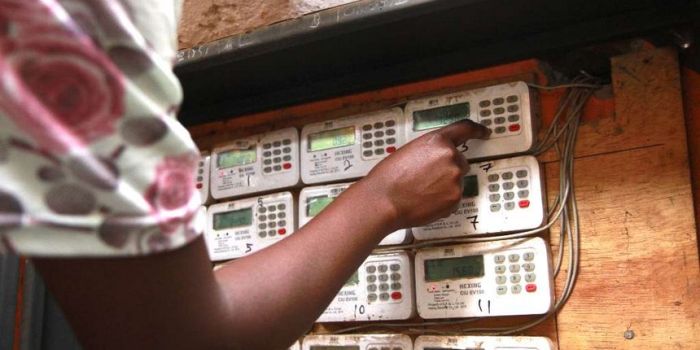The Energy and Petroleum Regulatory Authority (EPRA) is a key player in establishing electricity prices in Kenya, tasked with balancing consumer interests and the sustainability of the electricity sector. Governed by the Energy Act of 2019, EPRA is responsible for setting, reviewing, and adjusting electricity tariffs, ensuring fairness in the costs associated with generating, transmitting, and distributing electricity.
EPRA’s role is crucial in maintaining a balance between affordable electricity for consumers and ensuring a reliable power supply. The process involves a thorough examination of the costs incurred by power companies, such as Kenya Power and Lighting Company (KPLC), Kenya Electricity Generating Company (KenGen), Kenya Electricity Transmission Company (KETRACO), Rural Electrification and Renewable Energy Corporation (REREC), Geothermal Development Company (GDC), and Independent Power Producers (IPPs).
The Base Tariff is a significant component, encompassing the costs of generation, transmission, and distribution. Calculated based on existing contracts and operational expenses, the Base Tariff considers various factors, including prevailing exchange rates and the Consumer Price Index (CPI) representing core inflation.
Pass-through Costs constitute additional variable expenses not included in the Base Tariff but essential for providing electricity services. These costs, computed monthly, depend on factors like the volume and cost of Heavy Fuel Oil (HFO), exchange rate differentials, and additional generation costs for new power plants.
Taxes and levies contribute to additional charges on top of the base tariff and pass-through costs, further influencing the overall electricity prices in Kenya.
The review of electricity prices also takes into account new power plants commissioned between tariff reviews. EPRA ensures that revenue requirements for these plants are recovered through the pass-through mechanism, preventing financial challenges that could compromise the security of power supply.
Additionally, EPRA implemented a 15% tariff reduction in January 2022 following a presidential directive, with the subsidy shared between sector entities and the National Treasury. However, the termination of the subsidy in August 2022 resulted in consumers bearing the remaining costs through the pass-through mechanism.
Effective April 2023, a tariff review for the period 2023/2024, 2024/2025, and 2025/2026 incorporated unfunded costs and the generation costs of new plants. EPRA emphasizes that the approved tariff accounts for the costs of power plants commissioned between October 2019 and March 2023.
Despite the approval of the new tariff, EPRA continues the obligation to clear outstanding unfunded subsidies, recovering them through the pass-through mechanism until December 2024. This comprehensive process ensures transparency and sustainability in determining electricity prices in Kenya.





